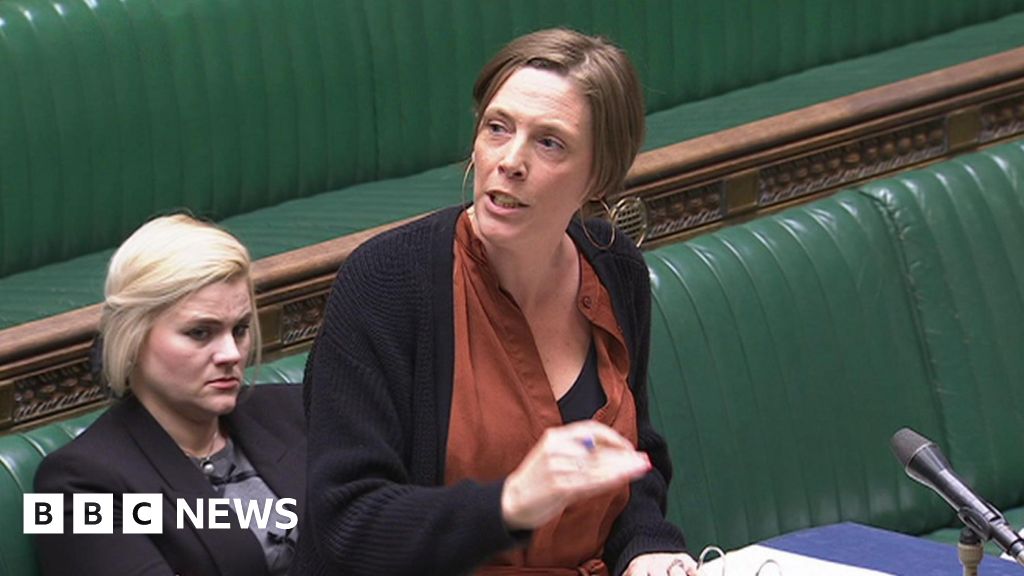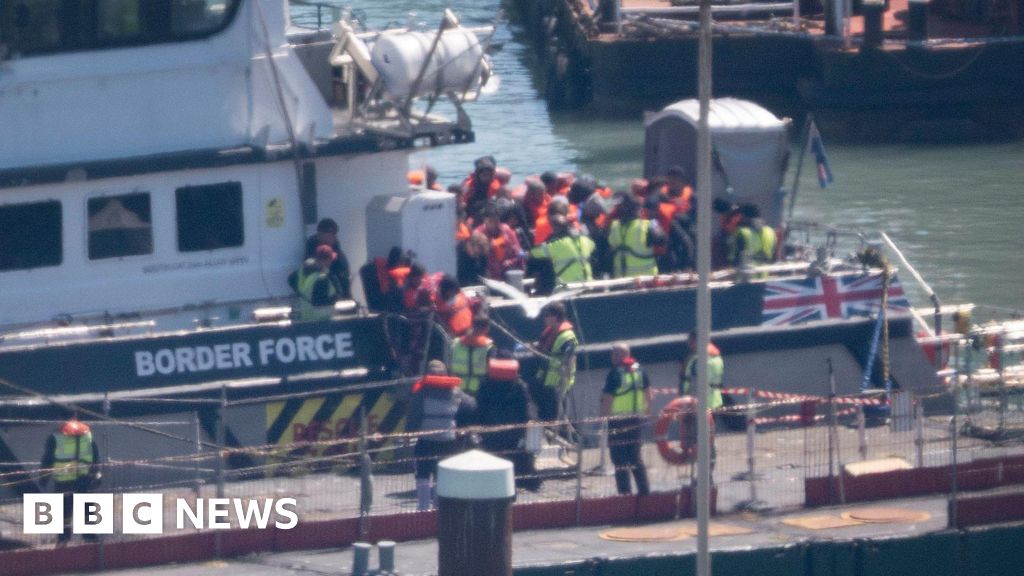ARTICLE AD BOX
Image source, Getty Images
Image caption,The government has dropped the policy ahead of a challenge in the High Court
The UK government has dropped plans to turn back people crossing the English Channel just over a week before they were due to be challenged in court.
Campaigners say the policy, which would allow Border Force patrols to intercept boats and take them back to France, is inhumane and a risk to life.
The PCS civil servants' union called the government's change of mind a "humiliating climbdown".
But the Home Office said ministers were "unified" in wanting to stop crossings.
The government has dropped the policy ahead of the High Court challenge, meaning the so-called "pushback" tactics are not currently in use.
The PCS and the campaign groups Care4Calais, Channel Rescue and Freedom from Torture have argued that the Border Force does not have the legal authority to push the vessels back, and that doing so would infringe on migrants' human rights.
Following the Home Office's decision, they have now withdrawn their judicial review claims, which had been due to be heard on 3 May.
PCS general secretary Mark Serwotka said: "This humiliating climbdown by the government is a stunning victory for Home Office workers and for refugees.
"PCS is proud to have brought this legal action alongside refugee groups in order to prevent this morally reprehensible and utterly inhumane proposal from ever seeing the light of day. There is little doubt that lives have been saved."
But a Home Office spokesperson said: "The entire government is united in our efforts to prevent these lethal crossings and break the business model of the criminal gangs exploiting people.
"It is right that we consider all safe and legal options to stop these unnecessary journeys, including turning boats around."
They added: "As we have set out previously, this tactic fully complies with both domestic and international law. However, there are extremely limited circumstances when you can safely turn boats back in the English Channel."
Last year, the government authorised Border Force officials to use the tactic of turning back boats containing migrants - but only in limited circumstances.

 3 years ago
42
3 years ago
42








 English (US) ·
English (US) ·